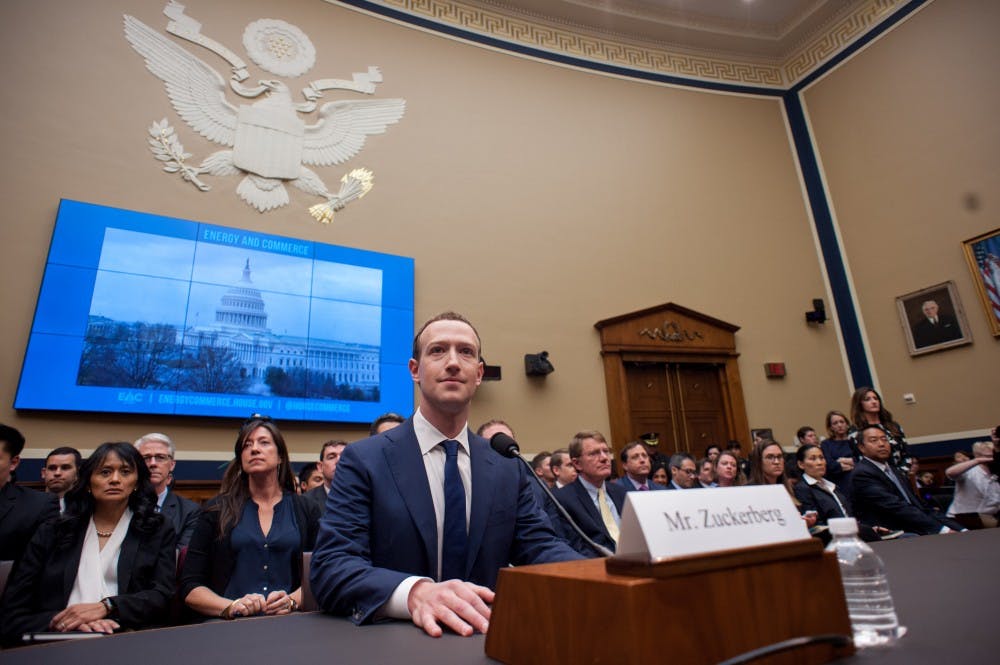In China, the ruling Communist Party is rolling out a social credit system on top of its ubiquitous surveillance state. The system will track citizens’ behaviour and assign a points to each person based on how their activities conform to the standard set by the central government.
Browsing data, personal associations and driving behavior are all factors that go into determining a score. It will affect things such as what housing, schooling and employment someone is eligible for. The party says it is designed to “allow the trustworthy to roam freely under heaven while making it hard for the discredited to take a single step.”
Here in America, we are rightly horrified at the blatant invasion of privacy. But while we pat ourselves on the back for our purported freedoms, a similar apparatus is beginning to take shape at home.
In 2019, Americans are fairly cavalier about our privacy. Most of us own devices that record and store our data. We all use services that only profit by extracting this data. And we fail to seriously challenge our government even now that we know it was abusing its access to this data.
In her book "In The Age Of Surveillance Capitalism," Shoshana Zuboff documents the growth of the digital surveillance apparatus in America. Since the early 2000s, behavioral data generated from everyday life has become a hot commodity.
Companies such as Google and Facebook all trade in what are called behavioral futures markets. The best data gives the best predictive capabilities which yields better profits. As companies extract better data, the predictive capability is then applied influencing consumers. Zuboff detects a clear and intentional pattern.
“The aim of this undertaking is not to impose behavioral norms, such as conformity or obedience, but rather to produce behavior that reliably, definitively, and certainly leads to desired commercial results,” Zuboff said.
Unlike the Chinese government’s system which desires social control, the American version is aimed at profits. What started out as targeted ads to encourage consumer behavior is morphing into something more.
Insurers are beginning to collect data from vehicle, personal and home data sensors in order to precisely calculate rates. With modern connected ecosystems, this data includes data from Alexas, Google Homes, cell phones and vehicles. In a way, it is similar to the idea of the panopticon. The message is clear: Behave a certain way or be financially punished.
The next step is to sell this data to other parties interested in predicting and influencing our behavior.
Some of us may shrug it off when one uses a certain word in a personal phone call only to have it appear as an ad on Google later that day. In the near future, your personal conversation could lead to a spike in life insurance rates. Or perhaps firms could construct a marketing strategy based on your perceived personality and mood.
The campaign could go as far as to ensure certain posts appear on your feed or certain songs play when you hit shuffle. Every connected device is a potential access point to your life.
The entities engaged in this behavioral modification are as accountable to us as the central government is to the Chinese people. At least if it was our government, there is formally a constitution to be violated and some framework to defend ourselves. There is no such thing when it comes to corporations. It is all too easy to imagine future abuses of this technology.






